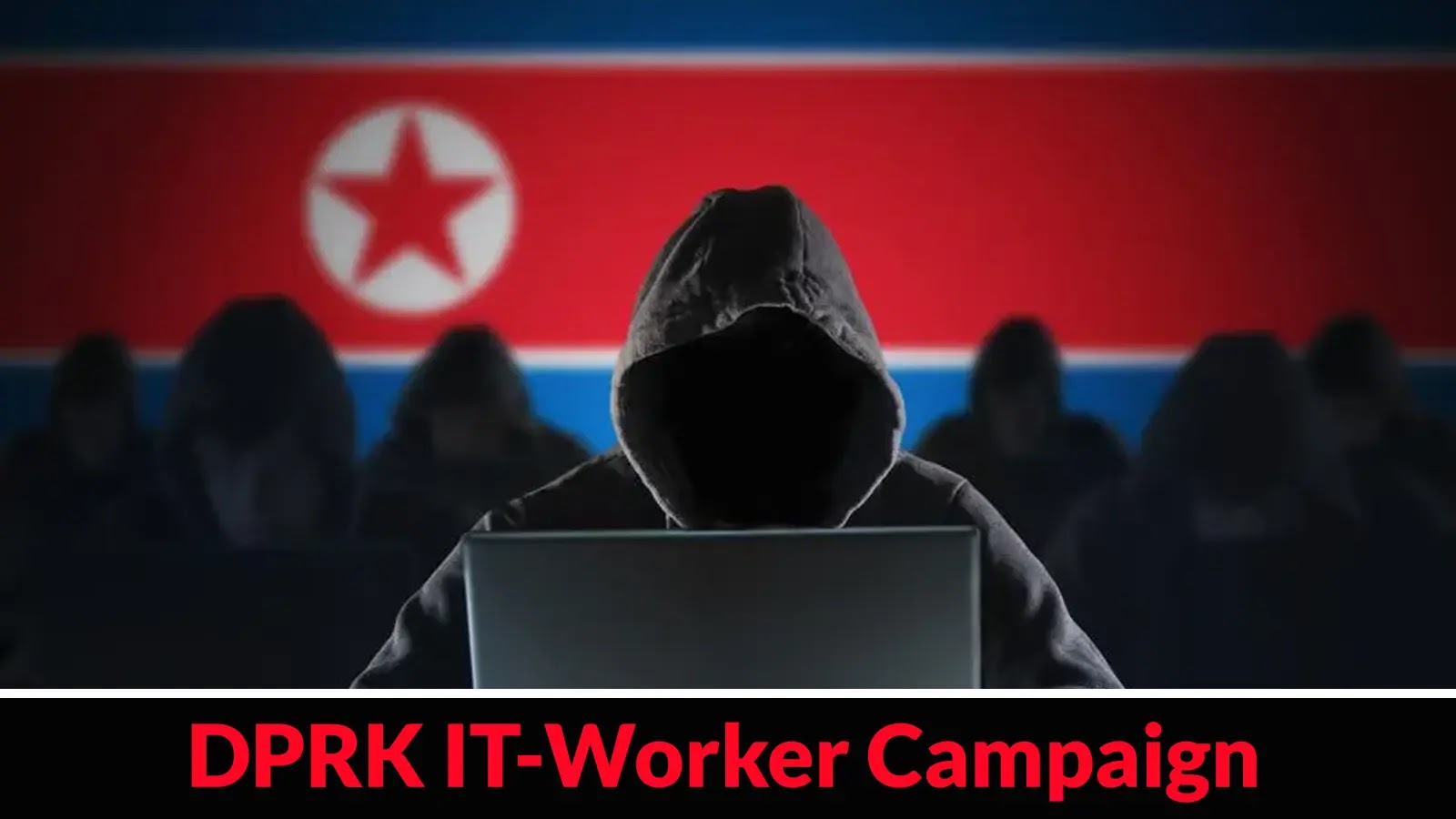In a concerted effort to combat cybercrime, Europol has intensified its operations against Distributed Denial-of-Service (DDoS) for-hire services, leading to significant disruptions and arrests across multiple countries. This initiative is part of the broader Operation PowerOFF, which aims to dismantle platforms that facilitate DDoS attacks, thereby enhancing global cybersecurity.
Recent Takedowns and Arrests
On May 8, 2025, Europol announced the shutdown of six additional DDoS-for-hire websites: Cfxapi, Cfxsecurity, Neostress, Jetstress, Quickdown, and Zapcut. These platforms have been operational between 2022 and 2025, enabling users to launch DDoS attacks against various targets, including gaming platforms, businesses, government organizations, and educational institutions. The accessibility and affordability of these services have made them a popular tool for individuals seeking to disrupt online services.
In conjunction with these takedowns, four individuals suspected of operating a network responsible for thousands of DDoS attacks were arrested in Poland. This operation was a collaborative effort involving law enforcement agencies from Poland, the Netherlands, the United States, and Germany. The United States contributed by shutting down nine domains associated with DDoS platforms, while Dutch authorities employed innovative tactics by creating fake booter services to deter potential users and inform them of the legal consequences associated with such activities.
Operation PowerOFF: A Multi-Year Initiative
Operation PowerOFF is a multi-year international effort aimed at dismantling DDoS-for-hire services, also known as booter or stresser services. These platforms allow users to pay for the ability to launch DDoS attacks, overwhelming targeted websites or online services with excessive traffic, rendering them inaccessible. The operation has seen significant milestones over the years:
– 2018: The FBI, in collaboration with the Dutch National Police Corps, shut down 15 DDoS websites, marking the beginning of coordinated international efforts against these services.
– December 2024: Europol coordinated the takedown of 27 international platforms used to conduct DDoS attacks. This operation involved law enforcement agencies from 15 countries, including France and Germany. Notably, three administrators of these platforms were arrested in France and Germany, and over 300 users planning future DDoS attacks were identified. The timing of this operation was strategic, aiming to prevent the annual Christmas attacks, a period when DDoS offensives typically target e-commerce websites and transportation booking platforms.
The Impact of DDoS-for-Hire Services
DDoS-for-hire services have lowered the barrier to entry for cybercriminal activities, allowing individuals with minimal technical expertise to launch disruptive attacks. The motivations behind these attacks vary, including economic sabotage, financial gain, and ideological reasons. The consequences are far-reaching, causing significant financial losses, reputational damage, and operational disruptions for victims.
The holiday season has historically been a peak period for DDoS attacks, with cybercriminals exploiting increased online activity to maximize impact. By targeting critical infrastructure, e-commerce platforms, and public services, these attacks can cause widespread disruption and chaos.
International Collaboration and Future Efforts
The success of operations like PowerOFF underscores the importance of international collaboration in combating cybercrime. By pooling resources, sharing intelligence, and coordinating actions, law enforcement agencies can effectively disrupt and dismantle cybercriminal networks. The recent arrests and takedowns serve as a deterrent to those considering engaging in or facilitating DDoS attacks.
Moving forward, continued vigilance and cooperation are essential. Law enforcement agencies are likely to employ a combination of traditional investigative techniques and innovative strategies, such as the creation of fake booter services, to identify and apprehend individuals involved in DDoS-for-hire operations. Public awareness campaigns and educational initiatives can also play a crucial role in reducing the demand for such services by informing potential users of the legal and ethical implications of their actions.
Conclusion
Europol’s recent actions against DDoS-for-hire services represent a significant step in the ongoing battle against cybercrime. By dismantling these platforms and apprehending those responsible, law enforcement agencies are sending a clear message about the seriousness with which they view such activities. Continued international cooperation and proactive measures will be vital in maintaining the integrity and security of the digital landscape.



